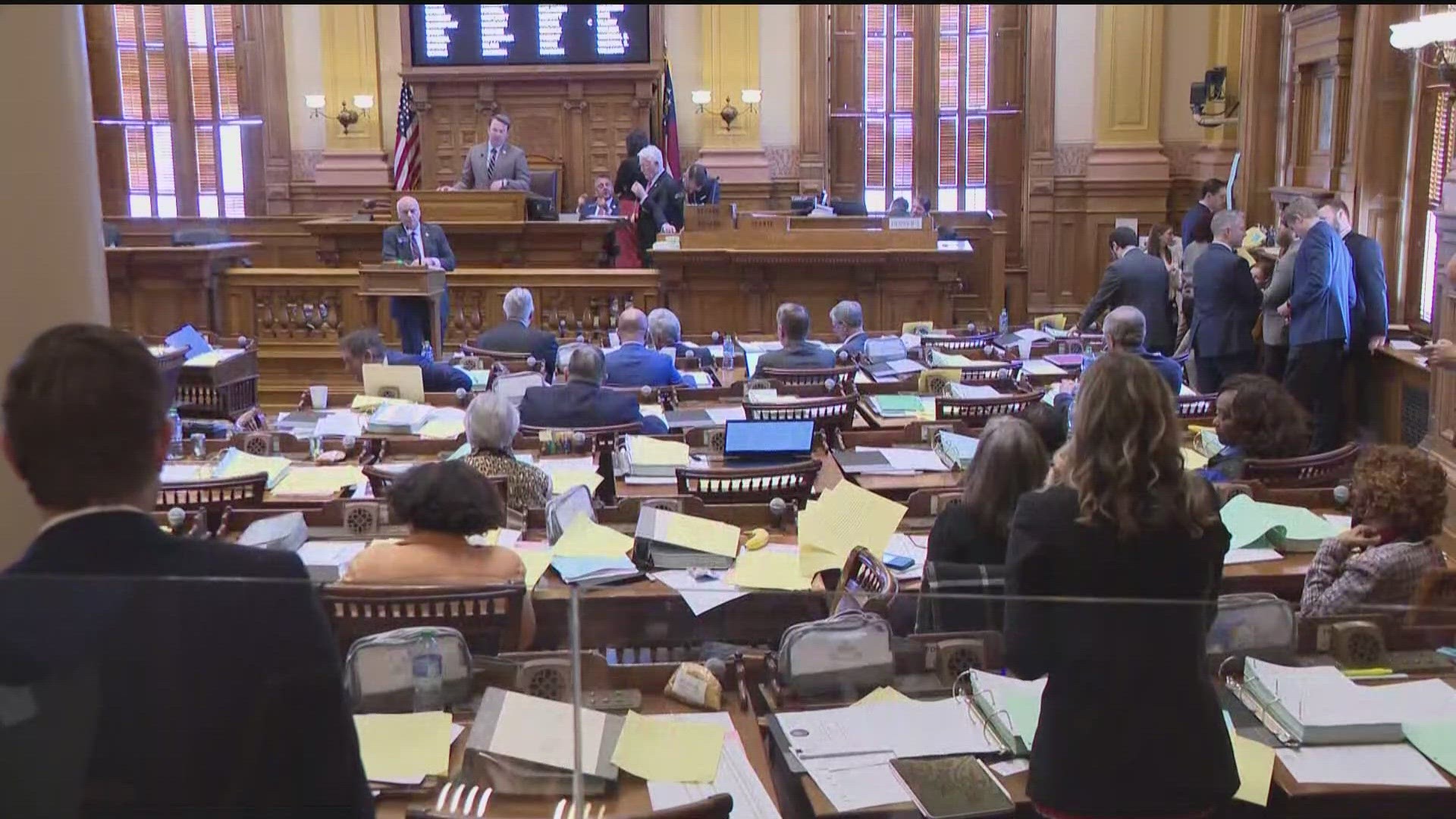ATLANTA — Georgia Gov. Brian Kemp on Wednesday announced expanded incentives for the state's public schools to adopt more pathways to in-demand post-secondary careers.
A release from the Governor's Office detailed tweaks being made to the state College & Career Ready Performance Index (CCRPI), described as an accountability program measuring how many students at schools complete a designated Career Pathway during high school.
According to the release, the CCRPI calculation, beginning in 2025, will "provide additional credit for students completing a Career Pathway aligned to a high-demand industry, as defined by the Georgia Department of Education (DOE) in conjunction with business and industry partners and the Technical College System of Georgia (TCSG)."
According to the Governor's Office, there are three ways students can complete a Career Pathway program - either through technical certificates of credit through dual enrollment at TCSG schools while in high school; with accelerated career diplomas; or through Career, Technical, and Agricultural Education (CTAE) programs in high-demand areas.
"he changes announced today were formed following multiple working sessions with superintendents and education leaders. They demonstrate the mutual commitment of the Kemp administration, GaDOE, and TCSG to giving students the skills needed to further strengthen Georgia’s workforce," the release said.
11Alive has inquired with the Governor's Office for what kinds of subjects or future careers qualify as Career Pathways.
In a statement, Gov. Kemp said, "Building on the success of programs like dual enrollment and Career, Technical, and Agricultural Education (CTAE), this initiative will further strengthen our ability to meet the needs of a thriving workforce and business community.”
State School Superintendent Richard Woods added the Pathways are "designed to prepare students for life – ensuring they have the skills they need to pursue career success" and that "this change will ensure schools and districts are recognized for aligning Career Pathway offerings with high-demand careers, ultimately benefiting our students and our state."

